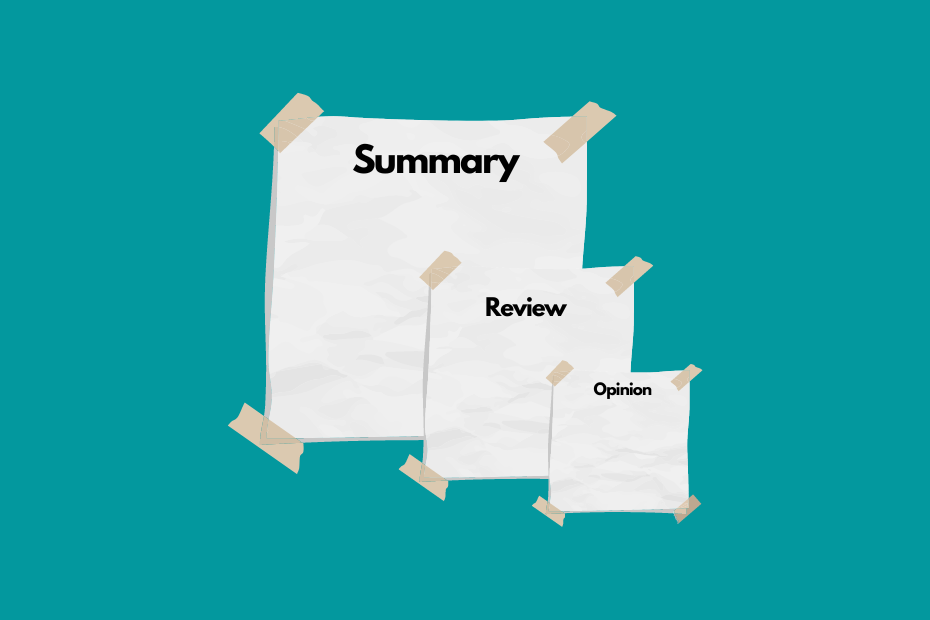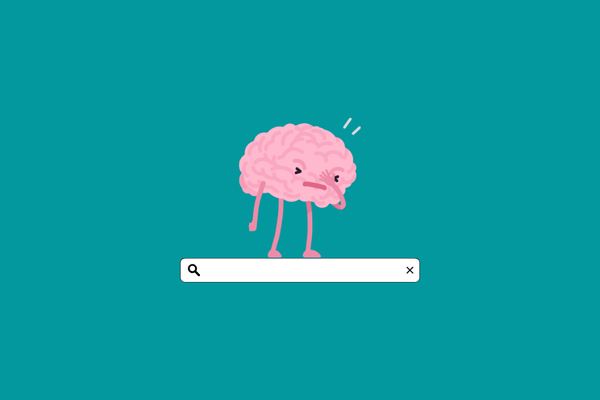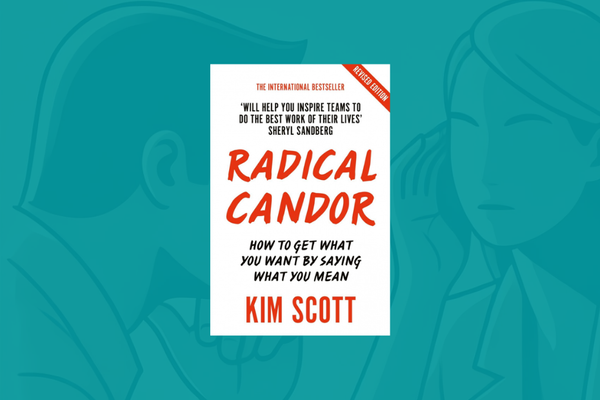The Insignificance of Summaries
Don't read a book. Read its summary. Don't watch a movie. Check its review. But do these information vessels provide any value to its consumer and to its creator?

During the weekend I watched a movie that sparked some thoughts worth exploring. "The Menu" is the story of an extraordinary fine dining experience.
The guest arrives by boat on an island where they are presented with better and better courses. All the ingredients are grown on the island and everything looks exquisite with some strange twists.
There is one guest who is particularly relevant to our topic.
Tyler.
Tyler is a fine-dining fanboy. He knows all the processes utilized for making the dishes, the history of the restaurant, and more. He watched every episode of the cooking TV Show featuring the chef.
Twice.
During the dinner, he asks questions which gives us the impression that he knows his stuff. He knows how the food is made. Later for some "mysterious reason," Tyler receives a chef jacket and is presented with the opportunity to cook.
Cook anything.
He fails.
It turns out Tyler knows the concepts, the stories, and the "insider secret" shared in TV shows, but he can't actually cook.
The chef then shares why he confronted him:
"You are why the mystery has been drained from our art. You see that now, don’t you?"

The Problem with Summaries
This scene touched me because I feel like Tyler a lot of the time.
I act like Tyler quite often.
- I love reading books and I enjoy writing book summaries.
- I am amazed by the SEO setup of top-notch websites so I analyze their patterns.
But it is true that while I am doing all of these I don't create anything new. I take others' thoughts and organize them in a way that is fulfilling to me.
Creating summaries though is the lesser problem and probably the least interesting one, except for the nerdy few who dedicate their time to creating information nuggets. Regardless that what we call book summaries or evergreen notes.
The more interesting questions are rather that
- are there a market for summaries?
- are summaries a pain killer or a vitamin?
and
- what are the alternatives to summaries?
- what do ChatGTP and AI mean for the professional summariser?
Let's try to find answers to all of these questions.
Is it better to read books or summaries?
As someone who has written quite a few summaries, I always suggest the reader to use my summary as a source of inspiration rather than a comprehensive resource.
Summaries are the same for books as IMDb pages for movies. They give you a general overview of whether it worth watching / reading the whole piece or not.
The curse of reading non-fiction books is that you can quite quickly internalize their teaching and think about the author's ideas as your own.
But those ideas are not yours. You are not that clever.
Summaries have the ability to inflate your ego even more than reading books. They remove the magic from the book while they don't teach you how to cook.
Skipping the examples, and the stories and not carrying over the suggestions to your life can make reading a book useless. The learned concepts will be empty words.
But still, there are services selling you summary subscriptions like Shortform, and guys like me are still writing book summaries on the internet.
So there must be cases when reading a summary makes sense, right?
As a reader I can think of the following advantages of reading a summary before, after, or instead of the book:
- Preselect books worth reading: If you watch a trailer you will make a decision on whether to dedicate 2 hours of your life to the movie. With series, you can watch the pilot episode and ditch without consequences. By selecting a book you are making a 10+ hour commitment. Having a birds eye view of the main concepts and their depth can help you filter out the junk book and commit to the ones worth reading.
- Filter out the noise: Some of my favorite non-fiction books should have been blog posts. But writers rarely can make money from blog posts so they expanded their ideas with filler texts, repeated the same idea a few times, and voila: we got 300 pages. If a summary is compact it can give back the essence of a book without wasting time on the filler text.
- Remember after reading: Even if I take notes I lose some context after reading. Revisiting books through summaries helps me retain more and use the takeaways of books in different contexts.
Fiction, taste, and summaries

I read all the compulsory reading in school, but I did not do it just for the grade. I enjoyed most of the assigned books and could not buy into the "life hack" mentality of reading a short version or a summary instead.
Reading a book from cover to cover is not the best solution if you optimize for productivity (or for grades).
My mates, who read a 5 pager instead of spending half of their summer getting through the story often got better grades than me.
But I still remember the feelings the book evoked, the chair I was sitting on, and the several other stories that one book lead me to.
What impact did reading a summary have on my peers?
Barely any.
Are summaries a waste of time?
But still, I am struggling to justify my effort in writing and reading summaries. With recent technological improvements, this dilemma is even more relevant.
Lexical knowledge does not matter anymore.
Retaining facts is not a competitive advantage in the 21st century. ChatGPT can remember more, and it can write better summaries than any of us.
Today AI can summarise longer text faster and with the same accuracy as us. It can generate often better illustrations. Soon it will be able to create a top-notch video summary.
Why would you optimize for retaining small facts that did not really matter before and can be outsourced pretty quickly even today?
Summaries are worth reading and they are a waste of time at the same time.
Summaries can open doors.
Summarizing can help you learn better.
They can help you remember more, connect ideas and create something new by connecting the dots.
I like writing summaries.
Do you?



